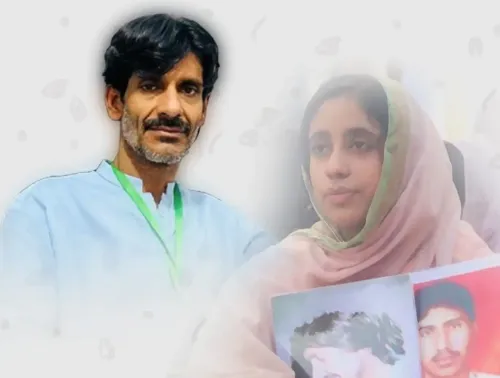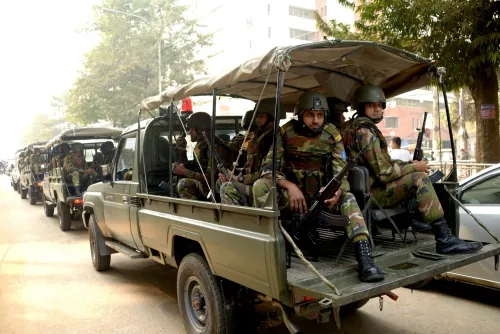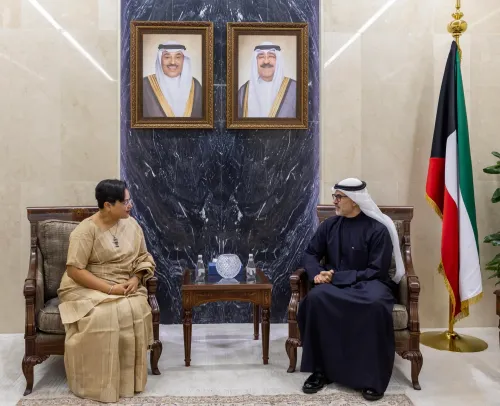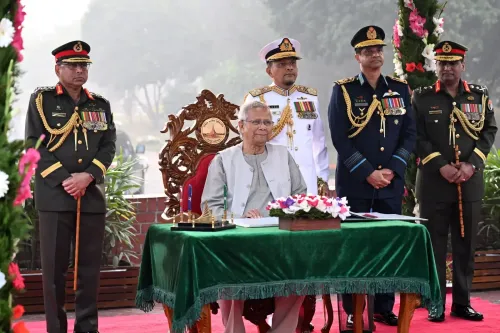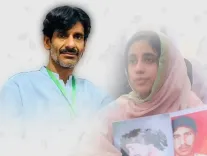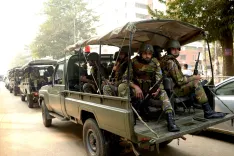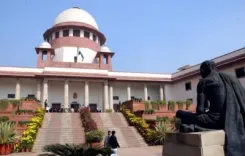Why Did South Korea's Former President Yoon Skip His Insurrection Trial Again?
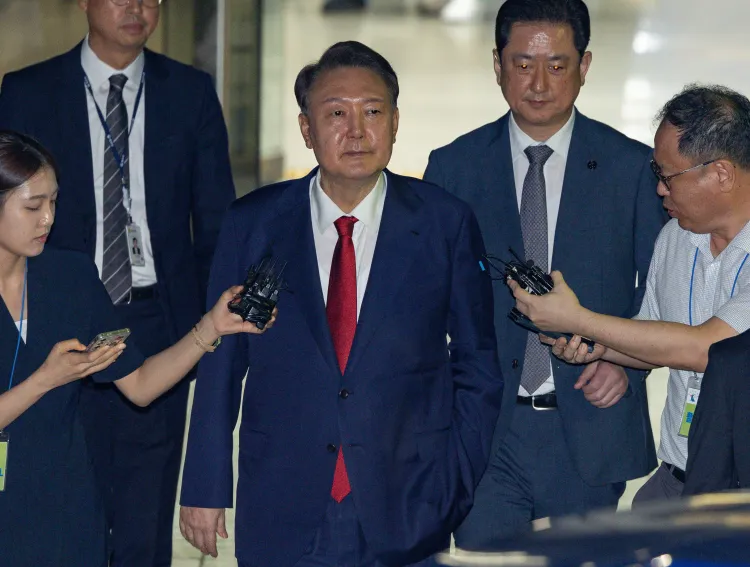
Synopsis
Key Takeaways
- Yoon Suk Yeol has skipped his insurrection trial twice, citing health and legal concerns.
- He demands the removal of special counsel Cho Eun-suk's team from the proceedings.
- The former President is currently in custody at the Seoul Detention Centre.
- The prosecution is pushing for a warrant to compel his attendance.
- Yoon's legal team claims his rights are being compromised.
Seoul, July 17 (NationPress) South Korea's former President Yoon Suk Yeol failed to appear at his insurrection trial for the second time on Thursday, declaring that he will refuse to attend any future hearings unless special counsel Cho Eun-suk's team is removed from the proceedings.
Yoon is presently held at the Seoul Detention Centre in Uiwang, located just south of the capital, following a court's decision to issue an arrest warrant last Thursday over allegations tied to his efforts to impose martial law in December.
A trial concerning distinct charges of insurrection and abuse of power linked to the martial law initiative is already ongoing, with the 11th hearing commencing at the Seoul Central District Court earlier today.
"Without the removal of the special counsel from the hearings, the defendant's presence is challenging," stated one of Yoon's attorneys, accusing Cho's team of egregiously breaching the defendant's rights through an unlawful investigation.
Yoon was also absent from the 10th hearing last week, which occurred just hours after his detention. This marked the first instance of him skipping his trial, which he attributed to health issues, according to reports from Yonhap news agency.
The prosecution has requested the court to issue a warrant for his forcible attendance, emphasizing the defendant's obligation to participate and noting his repeated absences.
The court urged Yoon's legal representatives to persuade him to attend.
"If he is unable to attend due to health problems, he must provide the necessary documentation, and if he wishes to contest the constitutionality of the special counsel, he must do so in accordance with different laws," stated the court.


